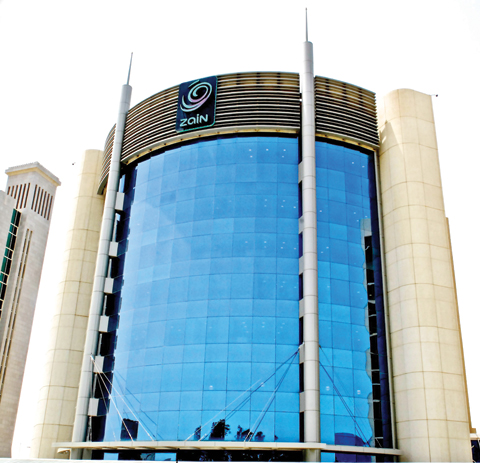KUWAIT: The Ministry of Awqaf and Islamic Affairs is preparing a tender to supply, install and maintain surveillance cameras in mosques, Quran houses and administrative buildings, said assistant undersecretary for mosques affairs Dawood Al-Assousi, noting that the tender will cover over 1,500 of the ministry's facilities. Assousi said that around 750 out of the total of 3,000 cameras donated by Zain had been installed in mosques and that the remaining will be installed within two months.
Bedoon students
MP Nasser Al-Doussary said that Minister of Education and Higher Education Dr Mohammad Al-Fares informed him that he will stop transferring bedoon students to schools in Mubarak Al-Kabeer and Ahmadi, and that he will meet with his undersecretary and the assistant undersecretary for public education to set an immediate plan to have them registered in schools close to their houses. Fares has also promised to solve the problem of overcrowded classes in Sabah Al-Ahmed by opening new classes.
Agreements
The National Assembly's office yesterday referred a number of draft laws concerning agreements and memorandums of understanding that the government had presented to the parliamentary foreign affairs committee for discussion pending voting on passing them, said informed sources. The proposals include economic ones for GCC states and a protocol on amending an agreement with India to prevent double taxation, the sources added. The proposals also include legal and judicial agreements with Egypt and security cooperation with Iraq.
Expenses
Deputy Prime Minister and Finance Minister Anas Al-Saleh said that the foreign affairs, defense, higher education and health ministries spent a total of KD 2.21 billion on their expenses abroad up to March 2017. Responding to a parliamentary inquiry, Saleh explained that the foreign ministry spent KD 654 million on Kuwaiti embassies abroad, defense ministry spent KD 217 million on its military offices abroad, ministry of higher education spent KD 259 million on scholarships abroad while the health ministry spent KD 1.8 billion on overseas treatment. Meanwhile, Saleh said that the Kuwait Authority for Partnership Projects (KAPP) was facing various impediments causing delay in some public-private-partnership projects. Saleh explained that the obstacles include delay in receiving approvals from monitoring apparatuses such as the fatwa and legislation department and the audit bureau, especially since special advisors were appointed for each project. He added that another reason was the delay in approving some projects' feasibility studies.
By A Saleh











